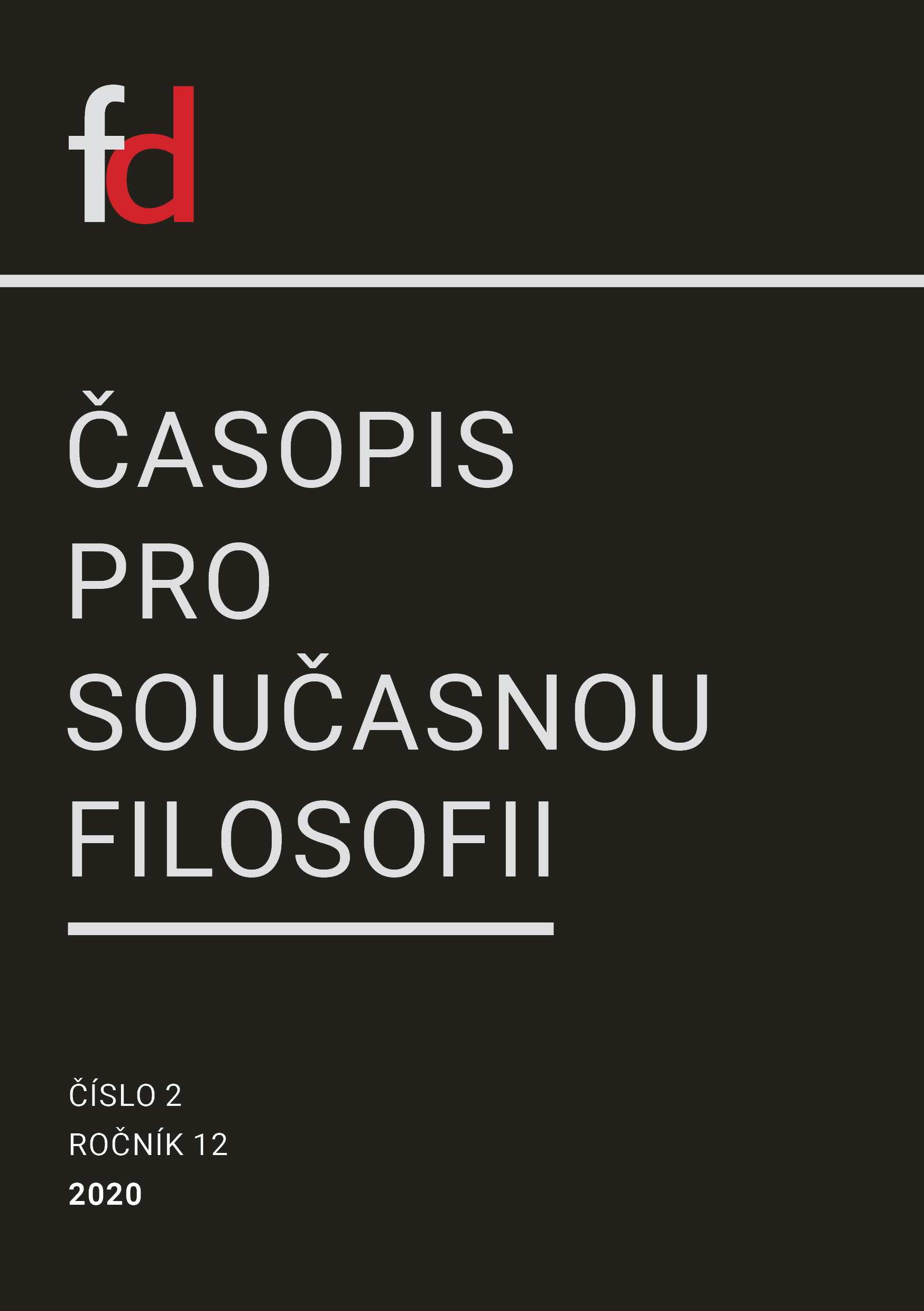Political-philosophical cleaning in times of plurality and frenetic standstill
On the book Liberal Democracy in Times of Crisis: The Perspective of Political Philosophy by Pavel Dufek, Jiří Baroš, Sylvie Bláhová, Tereza Křepelová and Patrik Taufar
DOI:
https://doi.org/10.26806/fd.v12i2.312Abstract
A group of authors from the Department of Political Science at the Faculty of Social Studies in Brno comes with a publication which aims to introduce contemporary political-theoretical debates over some basic aspects of liberal democracy such as majoritarian decision-making, the idea of human dignity, or the relationship between democracy and human rights. However, the book does not serve as a mere textbook overview, but also critically evaluates the conceptions that it introduces. More generally, the book sees as problematic the excessive amount of particular theoretical innovations rushing to save liberal democracy since this eventually leads to the incomprehensible cacophony coming from inside the discipline of political theory/political philosophy. Thus, the book tries to systematize contemporary debates and to clarify basic concepts. It also sees as important the tension between the necessity of taking legitimate and binding collective decisions and the fact of deep diversity in contemporary societies. So, in the last chapter, Pavel Dufek introduces the theories of public justification as a potentially suitable inspiration. This review aims to make a reader familiar with the basic structure and arguments of the publication and also to bring some other aspects of our postmodern condition to the debate with the book.
Downloads
Published
Issue
Section
License
Authors who publish in this journal agree that:
1. Authors retain copyright and guarantee the journal the right of first publishing. All published articles are licensed under the Creative Commons Attribution license, which allows others to share this work under condition that its author and first publishing in this journal was acknowledged.
2. Authors may enter into other agreements for non-exclusive dissemination of work in the version in which it was published in the journal (for example, publishing it in a book), but they have to acknowledge its first publication in this journal.
3. Authors are allowed and encouraged to make their work available online (for example, on their websites) as such a practice may lead to productive exchanges of views as well as earlier and higher citations of published work (See The effect of open access).


